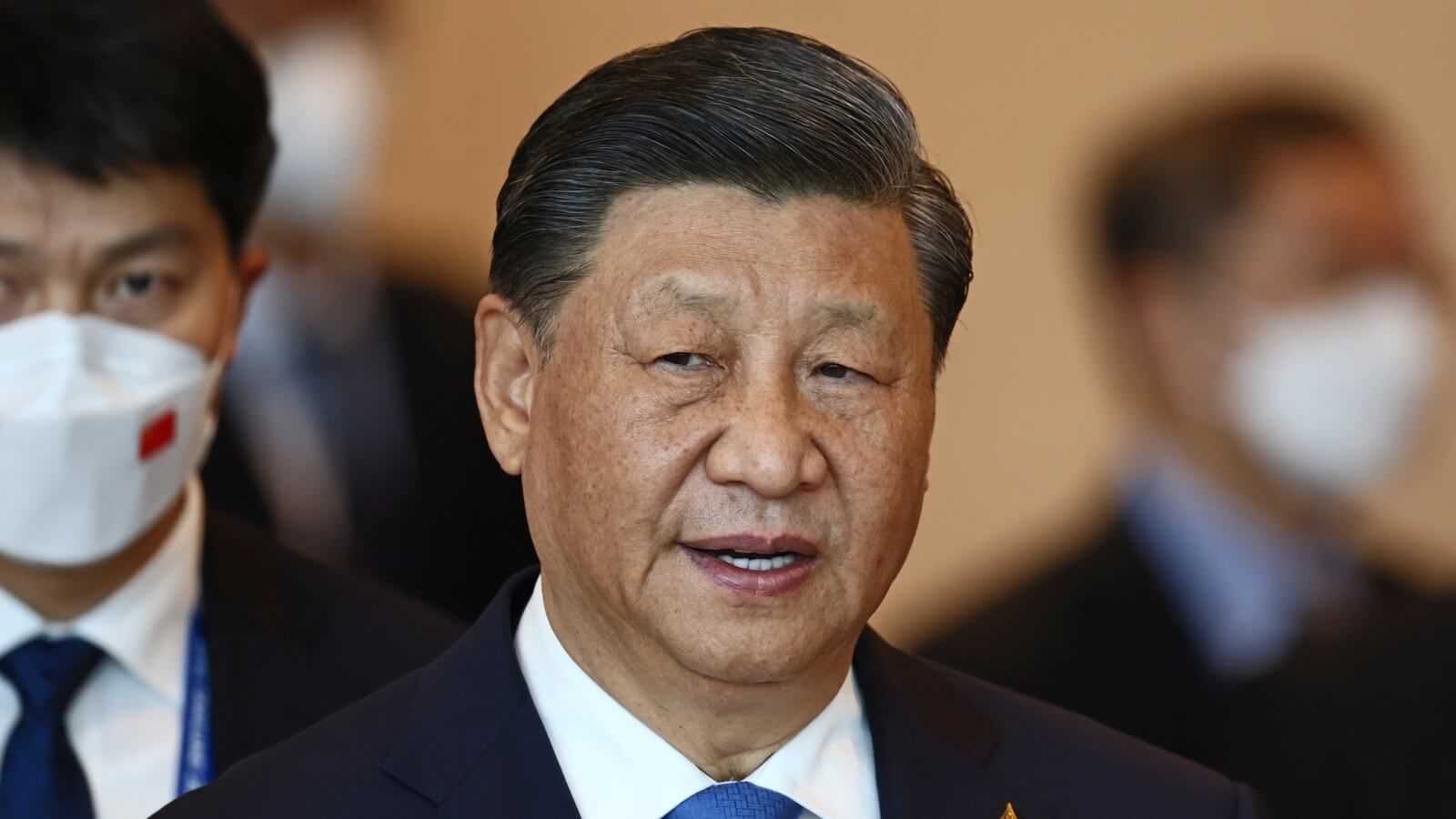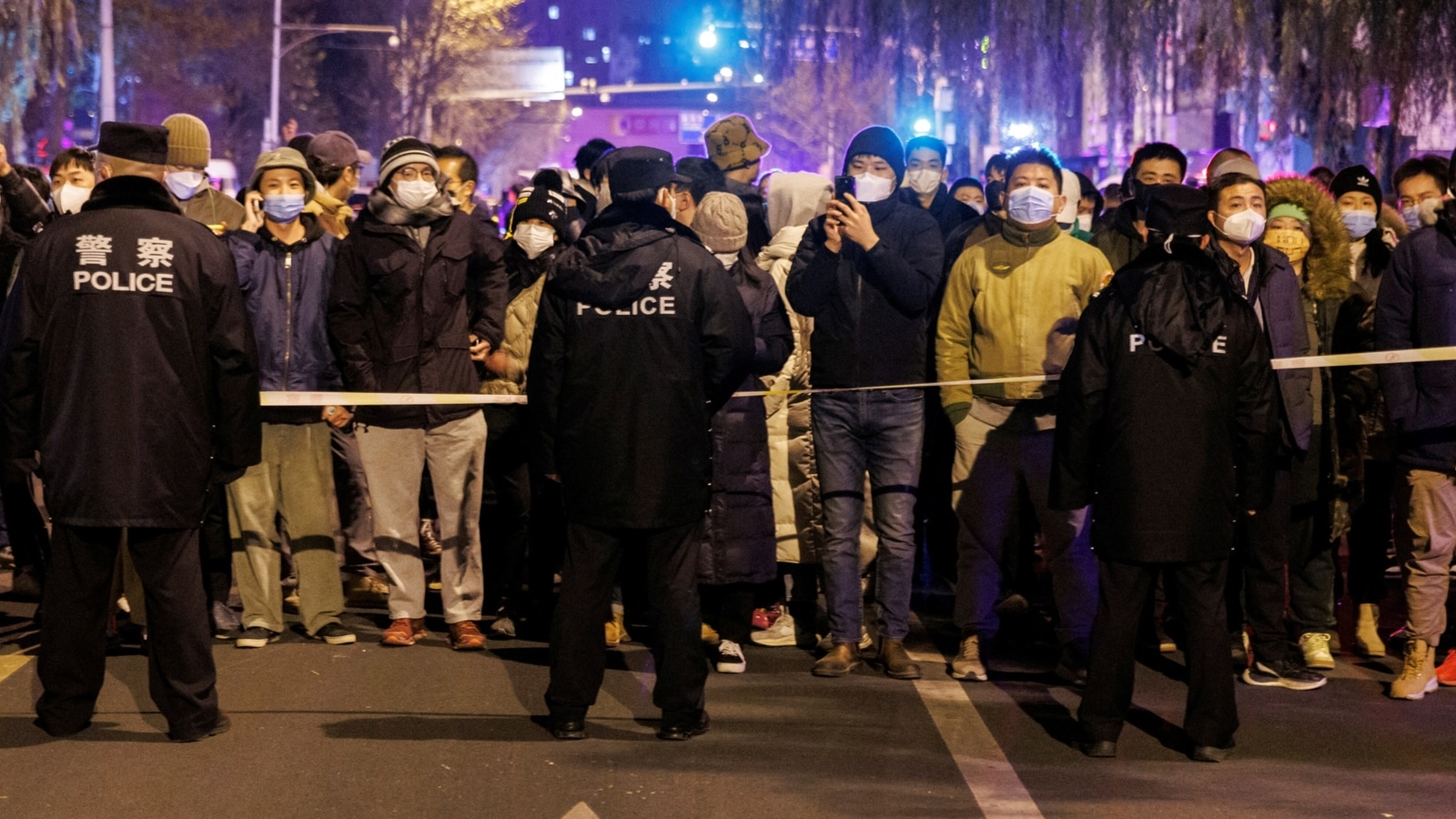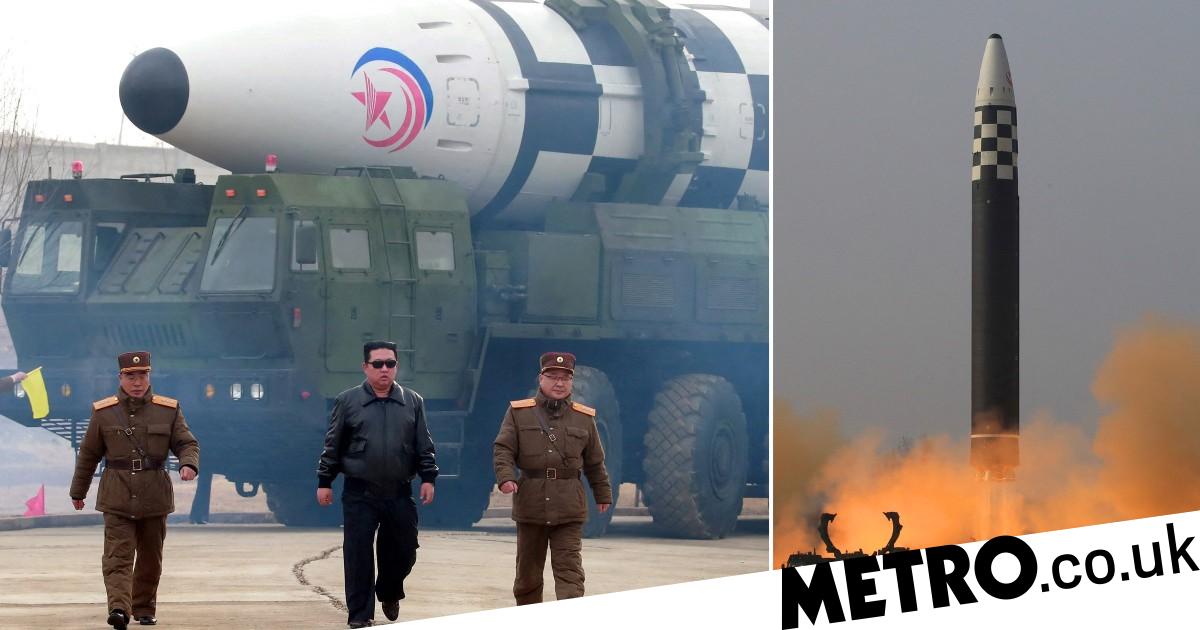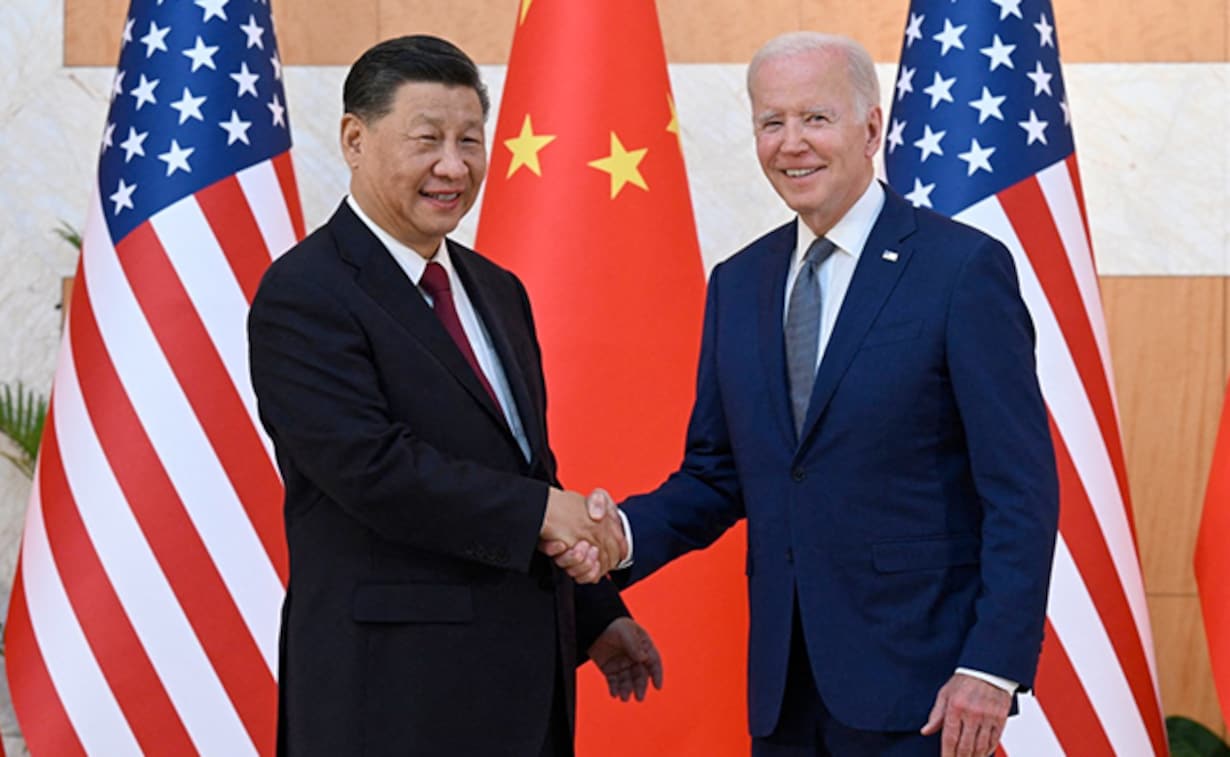Moscow`s invasion of Ukraine highlighted the function of fertilizers — and who controls them — as a strategic lever of worldwide influence.The shipment trapped for months on the Dutch port of Rotterdam become so treasured that the United Nations intervened to mediate its release.
The World Food Programme chartered a deliver to move it to Mozambique, from wherein it`s being taken via way of means of truck via the indoors to its give up destination, Malawi.It`s now no longer grain or maize, however 20,000 metric lots of Russian fertilizer, and it can`t come quickly enough.
About 20% of Malawi`s populace is projected to stand acute meals lack of confidence at some point of the “lean season” via March, making the usage of fertilizers to develop plants all of the greater vital. It`s one in every of forty eight international locations in Africa, Asia and Latin America recognized via way of means of the International Monetary Fund as maximum at chance from the surprise to meals and fertilizer charges fanned via way of means of Russia`s invasion of Ukraine. One 12 months on, the upheaval prompted to global fertilizer markets is visible via way of means of the UN as a key chance to meals availability in 2023.
Yet along humanitarian considerations, it`s the belief that plenty of the sector is based on only a few international locations for maximum of its fertilizers — appreciably Russia, its best friend Belarus and China — that`s ringing alarm bells in worldwide capitals. Just as semiconductors have end up a lightning rod for geopolitical friction, so the race for fertilizers has alerted the United States and its allies to a strategic dependency for an agricultural enter that could be a key determinant of meals security.
That`s driven fertilizers — and who controls them — to the leading edge of the political time table round the sector: The US State Department is beefing up its know-how on fertilizers, presidents are tweeting approximately them, they`re proposing in election campaigns, and turning into the focal point of tensions among international locations in addition to an not likely forex of diplomacy. They`re additionally being pulled into the competition of narratives over who`s responsible for the fallout from Russia`s conflict on Ukraine.
The function of fertilizer is as crucial because the function of seed withinside the country`s meals security,” stated Udai Shanker Awasthi, dealing with director and leader government officer of the Indian Farmers Fertiliser Cooperative, the country`s biggest manufacturer. “If your belly is complete then you could guard your house, you could guard your borders, you could guard your economy.”
Last 12 months`s jolt to the $250 billion worldwide fertilizer enterprise highlighted the function of Russia and Belarus as exporters of just about 1 / 4 of all global crop nutrients. While Russia`s agricultural merchandise which includes the 3 fundamental sorts of fertilizer — potash, phosphate and nitrogen — aren’t focused via way of means of sanctions, exports continue to be curtailed via a aggregate of disruptions to ports, shipping, banking and insurance.
Russian fertilizer billionaire Andrey Melnichenko, the founding father of EuroChem Group AG, argues the European Union`s sanctions regime has clogged up alternate to such an volume that it`ll have prompted a complete curtailment of fertilizer shipments via way of means of a few thirteen million lots via way of means of the one-12 months mark of the conflict on Feb. 24. Melnichenko is himself problem to sanctions.
It become Russian fertilizer stuck in limbo withinside the Netherlands that become freed as a part of a much wider UN deal to permit grain transports thru the Black Sea. The batch that started out arriving in Malawi in advance in February become the primary of numerous proposed shipments of fertilizer stranded in ports from the Baltic Sea to Belgium and “donated” via way of means of Russia`s Uralchem-Urakali Group. Uralchem is making plans a handover rite with Malawi`s authorities to be attended via way of means of the Russian ambassador on March 6.
The marketplace disruption brought about a spike in charges remaining summer time season that caused stockpiling via way of means of the ones capable of come up with the money for fertilizers, and at the same time as charges have considering come down significantly, they continue to be above pre-pandemic levels.
Supplies are limited in poorer areas. The state of affairs is exacerbated via way of means of sanctions on potash massive Belarus along the choice via way of means of China, a main manufacturer of nitrogen and phosphate fertilizers, to impose regulations on exports to defend home supply, curbs that analysts don`t see being lifted till the center of 2023 on the earliest.
The end result has been an all-too acquainted divide: Bloomberg Intelligence analyst Alexis Maxwell says that despite the fact that charges have fallen greater than 50% from remaining 12 months`s peak, farmers in Southeast Asia and Africa continue to be greater uncovered than their opposite numbers in North America, China or India.
The African Development Bank has warned that curtailed use is probable to intend a 20% drop in meals production, at the same time as the WFP sees smallholders withinside the growing global at chance of “a main meals availability disaster because the fertilizer crunch, weather shocks and strugglefare upend meals production.”
Indonesian President Joko Widodo warned on the Group of 20 summit he hosted in November of “a greater dismal 12 months” in advance with out instantaneously steps to make sure availability of inexpensive nutrients. Indian Prime Minister Narendra Modi, who now holds the G-20 chair, pledged to attention efforts to “depoliticize” worldwide fertilizer supply, “in order that geopolitical tensions do now no longer cause humanitarian crises,” he wrote withinside the Times of India in December.




